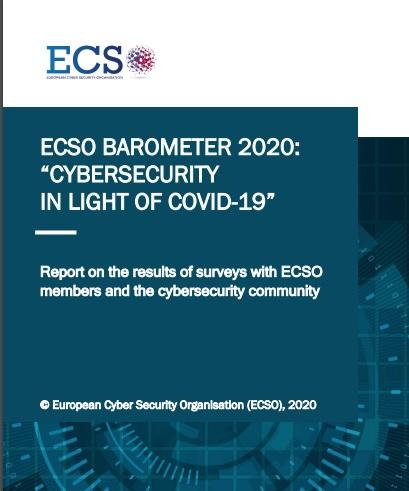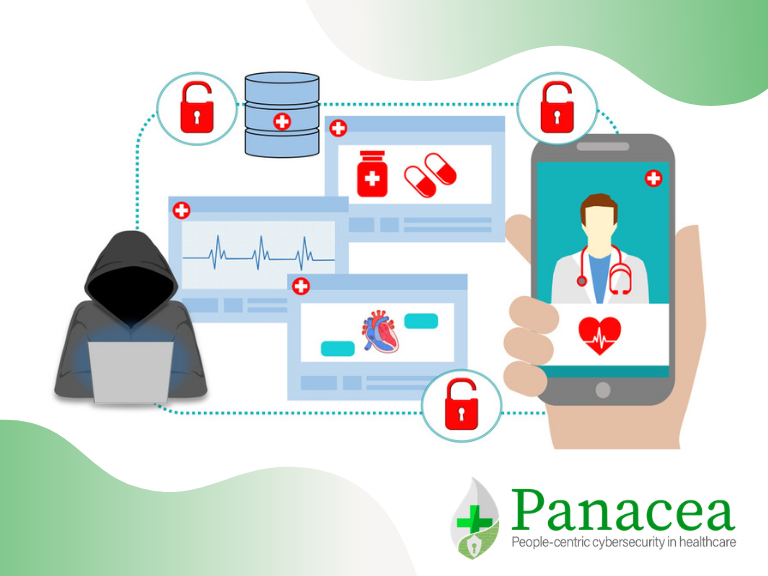The number of cyber-attacks around the world exploded in 2020: exploiting the Covid-19 pandemic as an opportunity for cybercriminals to take advantage of the shift in focus towards smart working and hospital staff transferred to the frontline.
ECSO BAROMETER 2020: “CYBERSECURITY IN LIGHT OF COVID-19”

The European Cyber Security Organisation (ECSO) has published a report on the results of its survey on COVID-19 and cybersecurity with its members and wider community, spanning large companies, research centres and universities, clusters on IT security, SMEs, public administrations, EU institutions and agencies, associations, users and operators.
Report on the results of surveys with ECSO members and the cybersecurity community:
The survey, conducted between March and May 2020, was aimed at better understanding the impact of the COVID-19 pandemic on the activity of cybersecurity stakeholders and their expected challenges post-crisis.
The main takeaways from the survey results are:
- The increase in fraud, cybercrime and cyber attacks has been the top concern for organisations during the pandemic.
- Many organisations are unsure about how changes in the market will affect their businesses and activities post-crisis.
- The ECSO cybersecurity community believes that stronger public funding for short-cycle research and innovation aimed at dealing with the new potential disruptive challenges are fundamental to recover activities post-COVID-19. While research and innovation is needed across all areas of cybersecurity, infrastructure resilience, data and AI, including privacy, should be prioritised in Horizon Europe and the Digital Europe Programme.
- Artificial Intelligence, 5G and future communications networks, and IoT are key technological areas that will have a drastic impact on the future.
- Sectors thought to be most vulnerable to attack due to digital transformation include public services, e-government and digital citizenship. Public administrations are facing challenges with the sudden and complete shift to remote and online working. However, critical infrastructures remain a priority when it comes to the prevalence of cyber-attacks and ensuring cyber resilience, with a significant increase in cyber-attacks in healthcare and financial sectors during the crisis.
- The main pillars for cybersecurity post-crisis are: Advocacy, awareness, cyber resilience measures, visibility for solutions and investment, capacity-building and competitiveness.
Recommendations based on the findings are centred around investing in Europe and fostering strategic public-private partnershsips. leveraging European assets and increasing R&I funding. These steps would boost European competitiveness and place cybersecurity at the heart of Europe's digital sovereignty.
PANACEA Research perspectives: PANACEA has highlighted the growing number of cybersecurity threats facing healthcare organisations during COVID-19 in several forums, such as the 10th TCON virtual event organised by the EC's Cybersecurity Health Group in April 2020. First-hand frontiline experiences during the pandemic were also the focus of the PANACEA webinar in June 2020. Both events pinpointed best pratices in EU and globally aimed at tackling the growing threat surface, highlighting how PANACEA solutions can also reduce cyber risks and vulnerabilities in healthcare organisations.
Lookout Watch entry date: 15/08/2020

